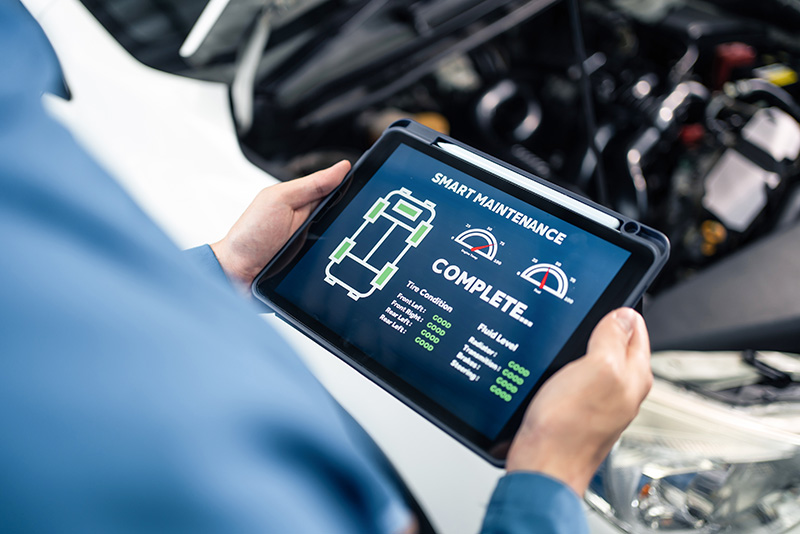 In the realm of automotive safety, the emergence of advanced driver assistance systems (ADAS) has promised to revolutionize the driving experience, offering heightened levels of safety and convenience. However, as with any technological advancement, occasional glitches and malfunctions can arise, potentially jeopardizing the safety of drivers and passengers alike. Such is the case with the “phantom braking” issue that has plagued certain 2023 Chevrolet Colorado and GMC Canyon trucks.
In the realm of automotive safety, the emergence of advanced driver assistance systems (ADAS) has promised to revolutionize the driving experience, offering heightened levels of safety and convenience. However, as with any technological advancement, occasional glitches and malfunctions can arise, potentially jeopardizing the safety of drivers and passengers alike. Such is the case with the “phantom braking” issue that has plagued certain 2023 Chevrolet Colorado and GMC Canyon trucks.
The issue came to light in September 2023, when reports of unexpected automatic emergency braking (AEB) incidents surfaced in General Motors (GM) vehicles in China. GM initiated an investigation through its Speak Up For Safety (SUFS) program, aiming to identify the root cause of the problem and implement appropriate corrective measures.
Upon investigation, it was discovered that the faulty behavior stemmed from the Front Camera Module (FCM) system, a crucial component responsible for detecting obstacles and triggering AEB when necessary. Under certain conditions, the FCM’s software exhibited erroneous detection of obstacles, resulting in unwarranted activation of the AEB system. This phenomenon, referred to as “phantom braking,” poses a significant safety risk, potentially leading to accidents and injuries.
GM, in collaboration with its supplier, conducted rigorous testing and analysis to pinpoint the underlying cause of the malfunction. This involved examination of field data from various sources, including different versions of the FCM software, vehicles produced in different periods, and reports from both the U.S. and China.
A total of 234 field complaints in the U.S. were potentially linked to the phantom braking issue. Among these incidents, four resulted in accidents, with three causing minor injuries to occupants. GM’s Safety Field Action Decision Authority (SFADA) made the decision to initiate a safety recall in February 2024.
The recall, identified by GM as A232424660 and by the National Highway Traffic Safety Administration (NHTSA) as campaign number 24V-133, involves a corrective measure aimed at rectifying the software glitch in the FCM. Authorized dealerships will apply updates to the FCM software, effectively addressing the root cause of the phantom braking issue and restoring the intended functionality of the AEB system.
In conclusion, while the emergence of advanced driver assistance systems has undoubtedly enhanced automotive safety, incidents such as the phantom braking issue serve as a stark reminder of the importance of vigilance and proactive intervention. Through swift action and collaboration between manufacturers, suppliers, and regulatory agencies, the automotive industry can continue to push the boundaries of safety innovation, ensuring that drivers can enjoy the benefits of technology without compromising their well-being on the road.






 Discovery and Investigation of the Defect
Discovery and Investigation of the Defect

 Chevrolet Bolt Potential Electrical Shock From Charging Chord
Chevrolet Bolt Potential Electrical Shock From Charging Chord